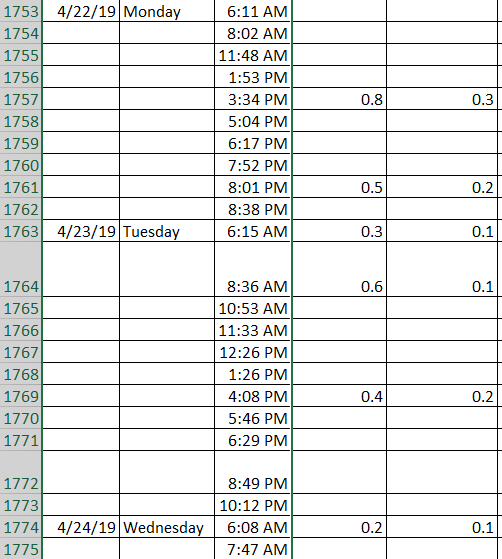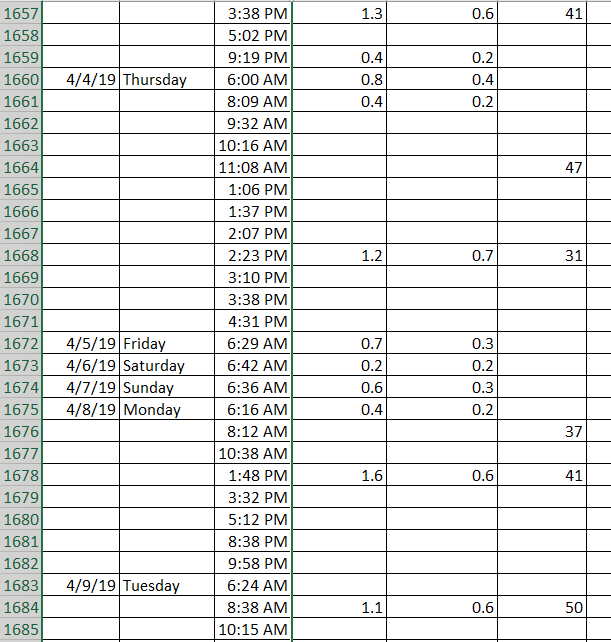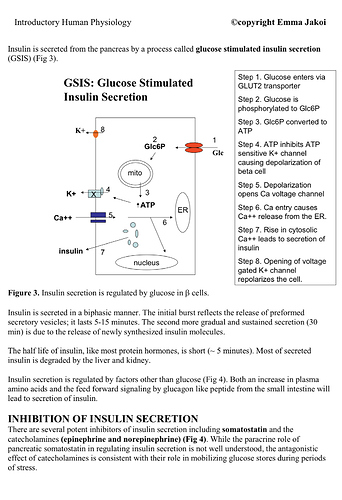I think diabetes is both. In fact, I don’t think you can separate the two (and let’s throw in glucagon, too, which no one thinks of).
I’m just saying that for those people who like clear, consistent data and want to test their body to see what happens, you have to have devices that are near 100% accurate. We don’t have those.
For something as complex as ketones, where urine, blood, and breath all measure different ones, you have to understand the relationship between these and what causes them to change. I personally don’t understand those relationships, and testing is not helpful in this regard.
So, for all those people who say, “I did X and my ketones did Y”, I say keep testing. You’ll soon find you did X and your ketones did nothing or did the opposite of Y. And much of that is due to the inaccuracy of these devices.
I only use my meters as gross approximations of what’s going on. Even my blood sugar meter (I forgot I had some test strips and am now using them), I don’t trust it. I’m getting lower morning blood sugar readings now than I have the past 4.5 years. Is that true? Or just the crappy meter? I’m not sure.







